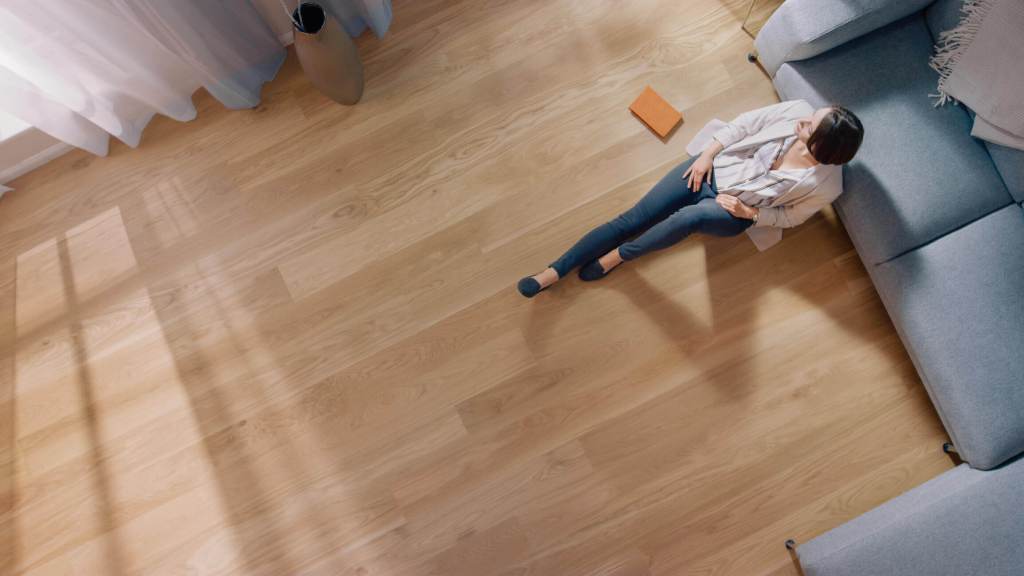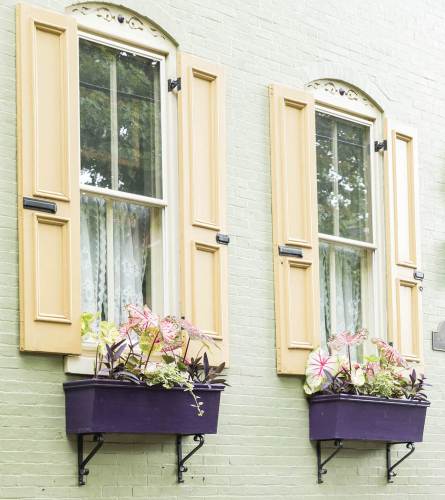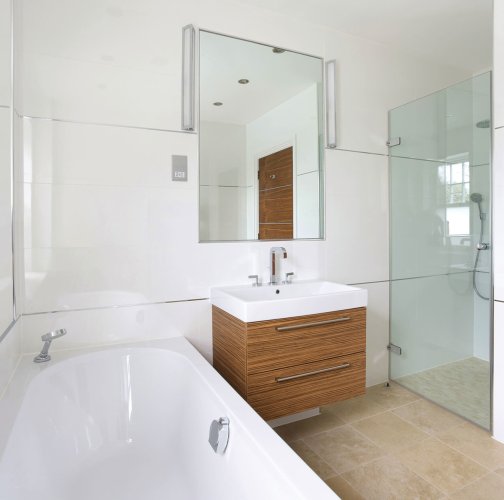Wood floors are coveted for a number of reasons, not the least of which is their aesthetic appeal. Many people prefer wood flooring because dust and dirt do not become trapped as they would in carpet fibers, seemingly making wood flooring easy to clean. Most floors endure a lot of wear and tear. However, with care, wood flooring may last for decades. Part of that care includes understanding how to properly clean and maintain wood floors so they look their best. Here are some steps for keeping wood floors as pristine as possible.
REMOVE SHOES
Remove shoes, particularly heels, when walking on wood floors. Sharp heels, cleats and other shoes can scratch or dent wood flooring. All shoes can track in dirt, which can contribute to a lack of luster as well.
SWEEP OR VACUUM FREQUENTLY
Experts at The Spruce suggest you sweep, vacuum or dust mop wood floors daily. Dirt and dust make floors more slippery, and dirt or sand particles can lead to scratches on the floor.
LEARN YOUR FLOORING TYPE
Wood flooring is broken down into three main categories: solid hardwood flooring, engineered hardwood flooring and laminate wood flooring. Traditional hardwood is made of planks or strips of any hardwood covered in a wood stain. Engineered flooring is manufactured by gluing together several thin plies of hardwood. Laminate flooring looks like wood but generally is a veneer or a photographic image of wood covered by a thick layer of melamine resin over fiberboard.
SKIP HARSH CLEANSERS
Regardless of flooring type, most are covered by a sealant that can become streaky or dull if the wrong cleanser is used. Avoid chlorine bleach, ammonia, pine oil or undiluted vinegar. Instead, choose a cleanser that is specifically recommended for the flooring type. Do not allow water or solutions to sit on the floor, as that can contribute to staining and warping. With laminate flooring, avoid wet mopping unless the flooring is specifically marked as being able to be wet. The underlayers of laminate flooring can warp if it gets wet.
DAMP IS BETTER THAN WET
When cleaning wood flooring, use a damp rather than a soaking wet mop. Better Homes & Gardens says standing water can damage wood surfaces.
USE THE HARD FLOOR SETTING
When vacuuming, adjust the vacuum to a hard flooring setting, which will not engage the brush rollers on the vacuum head. Rollers can scratch wood and laminate flooring, advises The Home Depot.
USE REPAIR PRODUCTS AS NEEDED
Scratch and repair kits can fill in small scratches. Wood floor polish and wood waxes also can revitalize worn floors. Again, check that the product is safe for your particular flooring before use.
Email tvecsey@danspapers.com with comments, questions, or tips. Follow Behind The Hedges on Twitter, Instagram and Facebook.






















